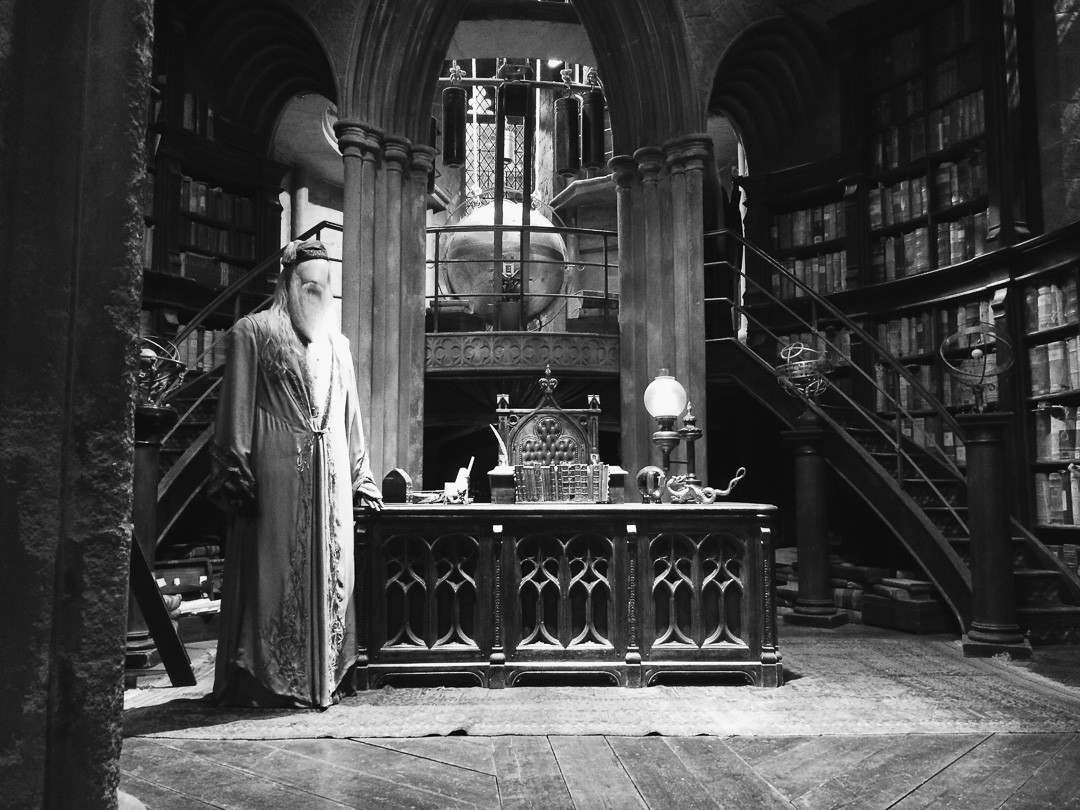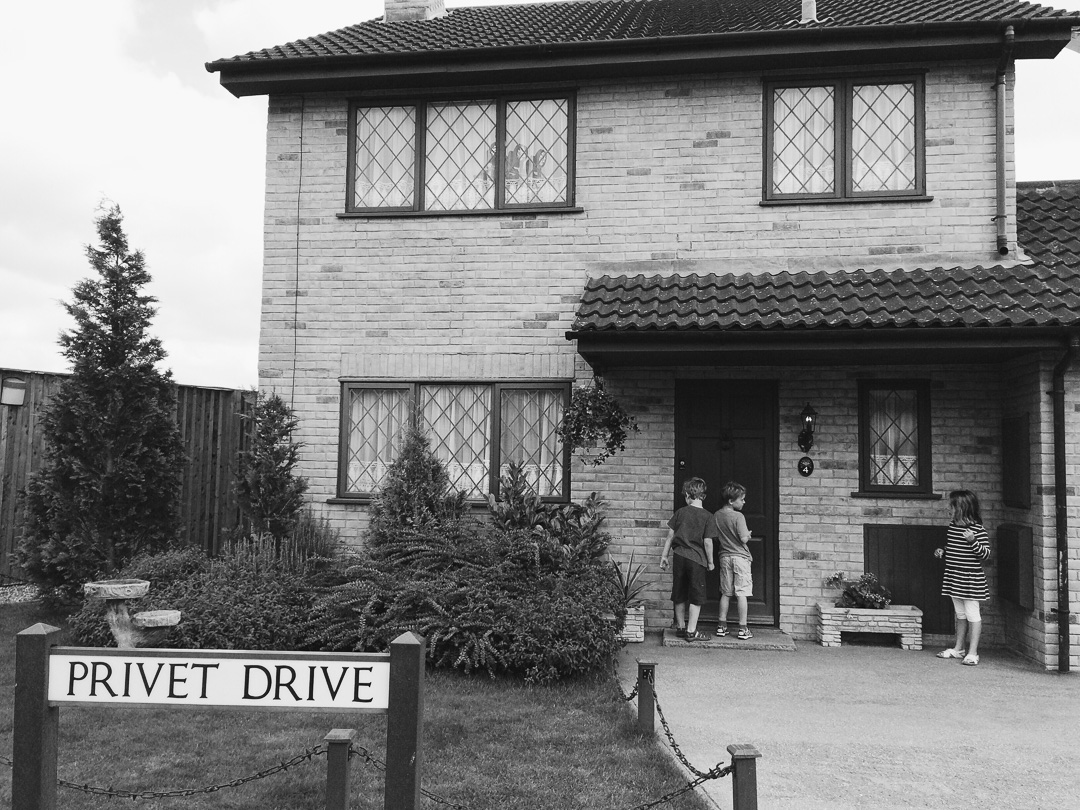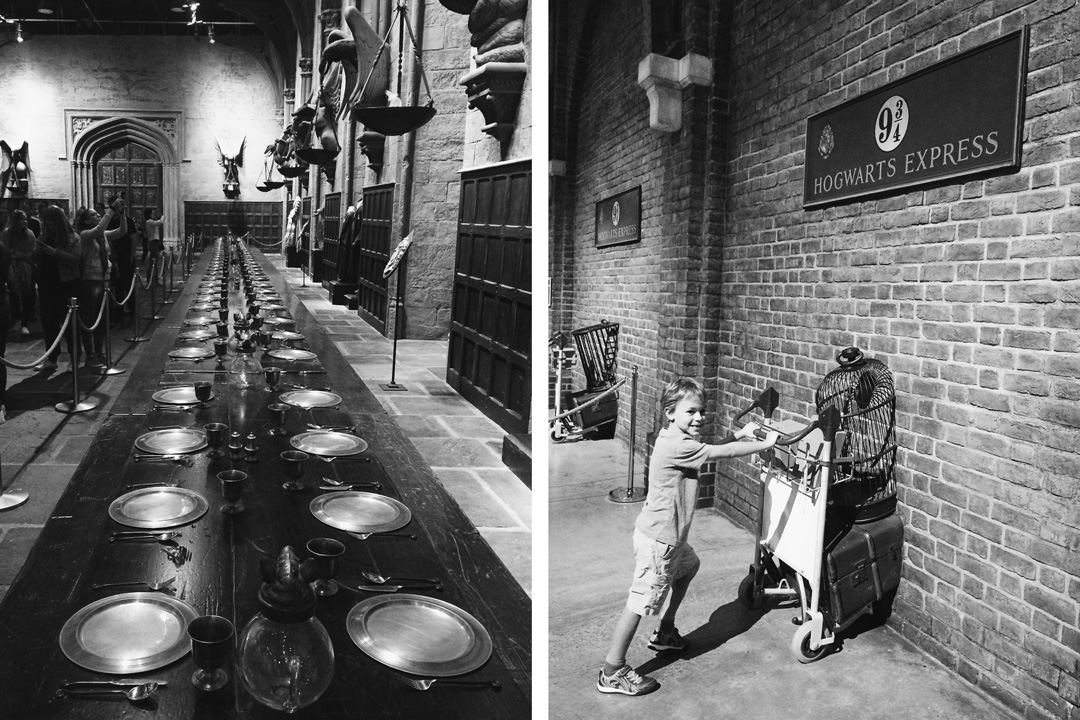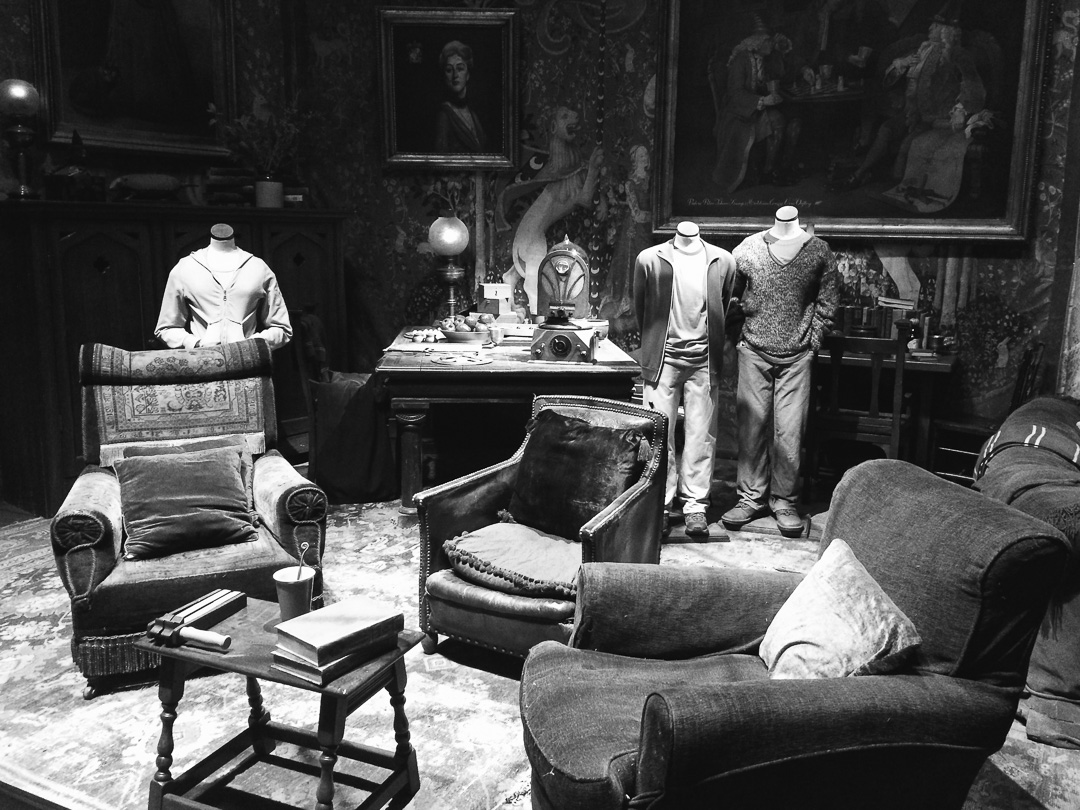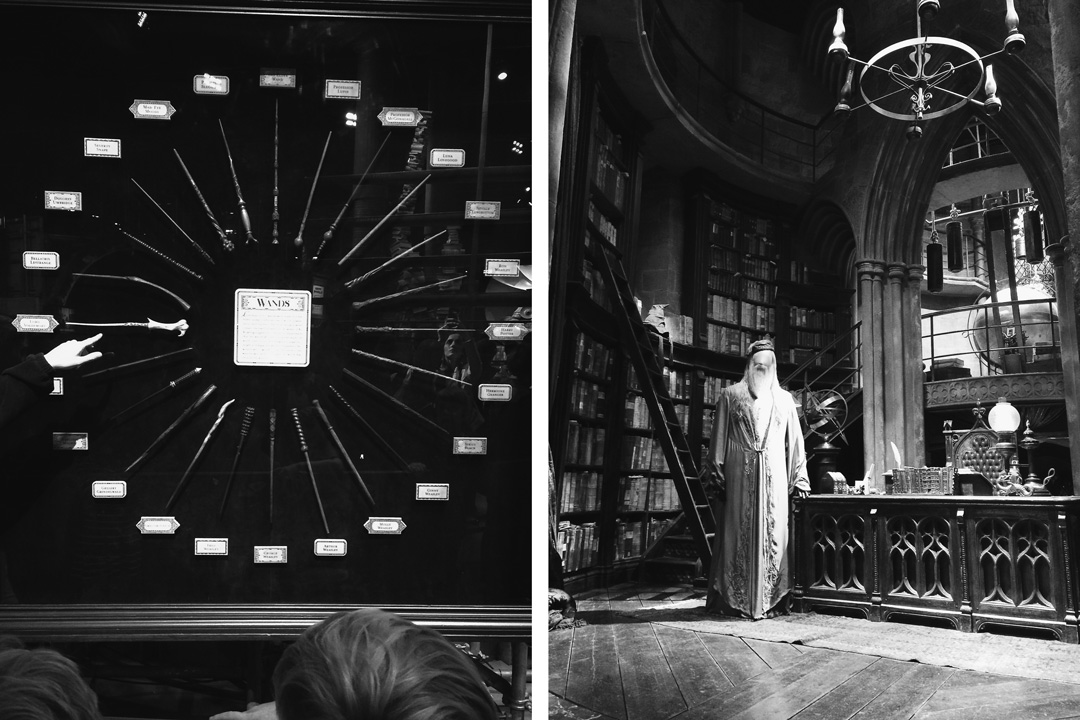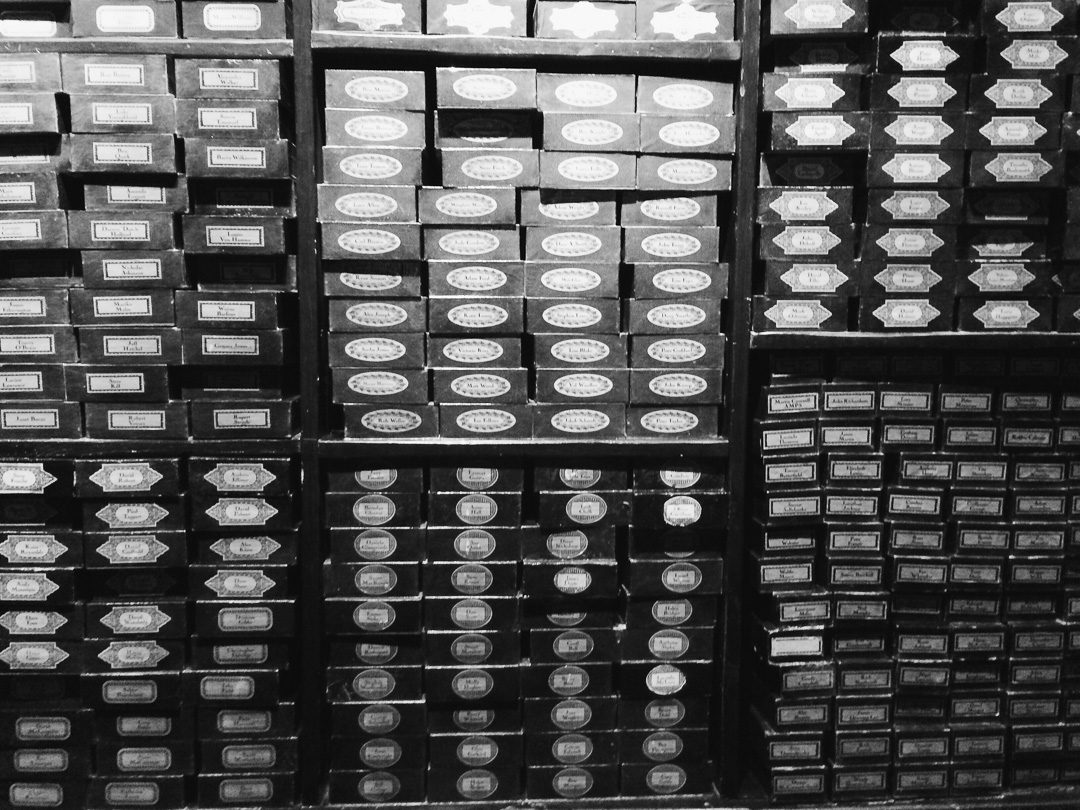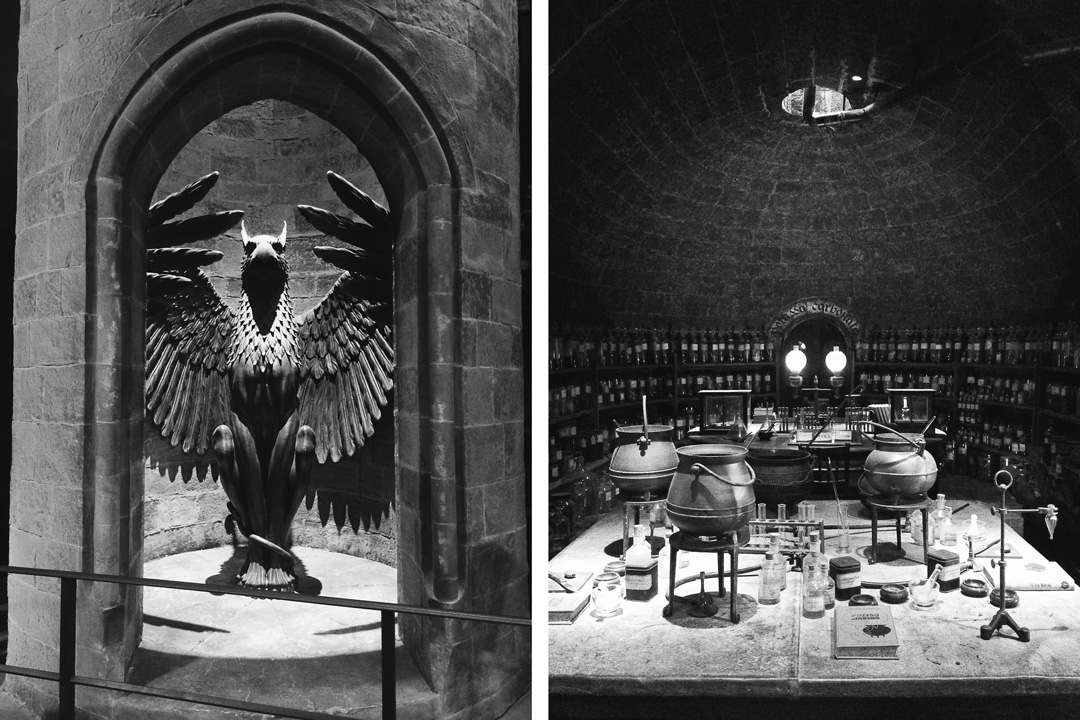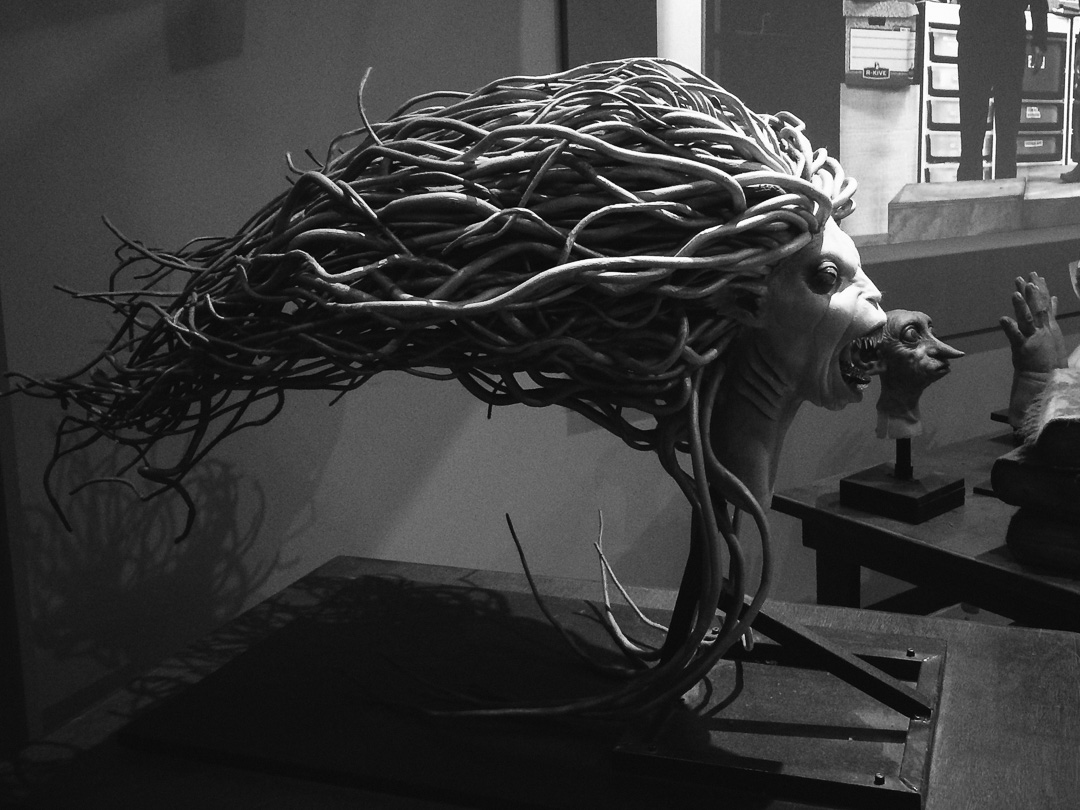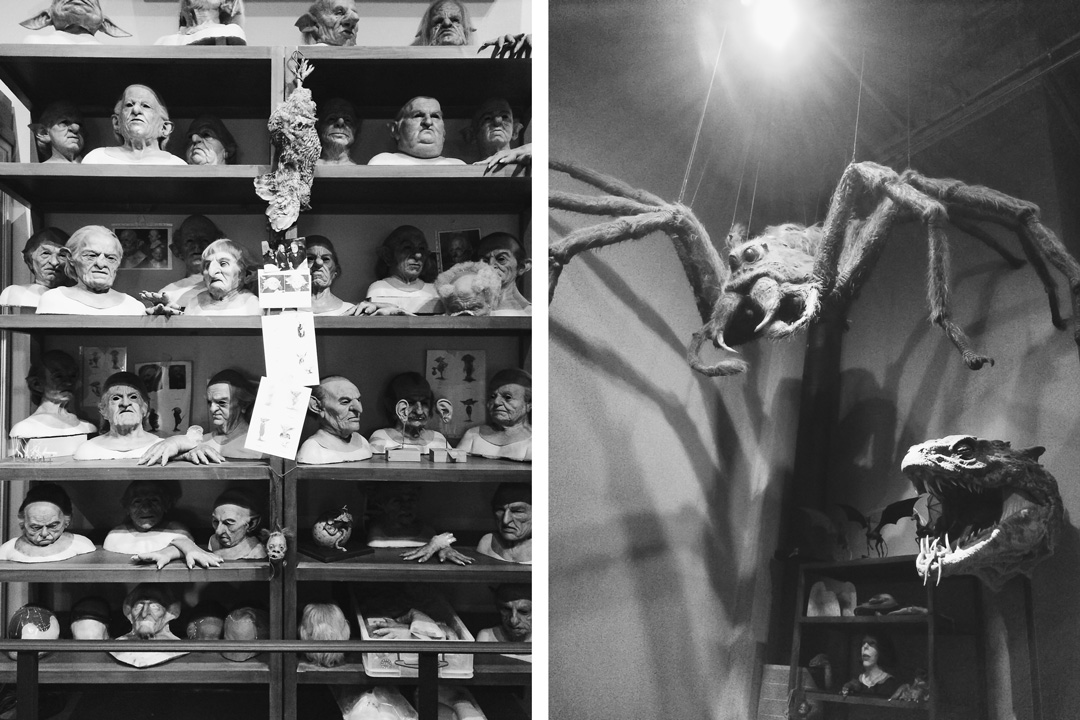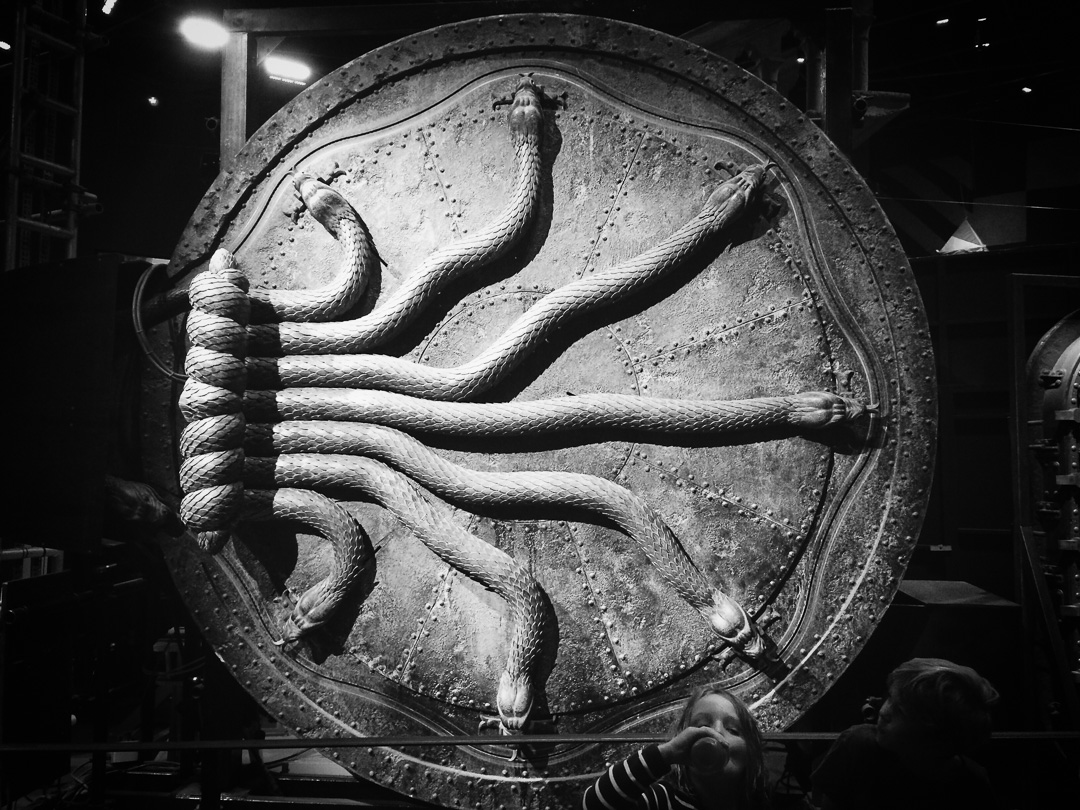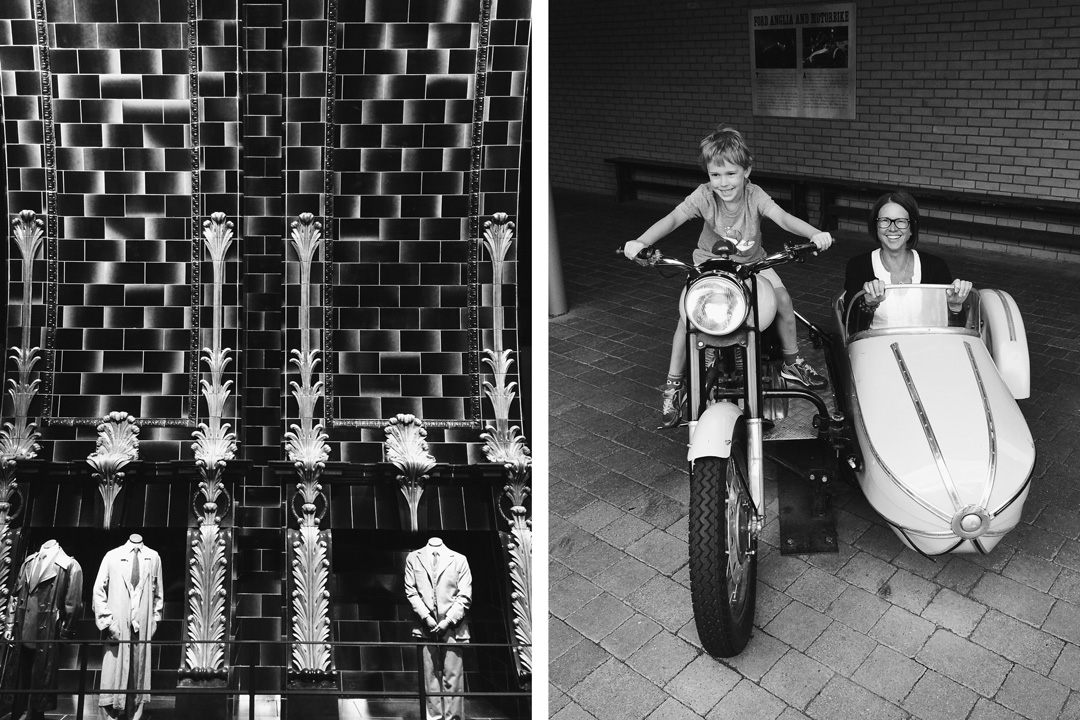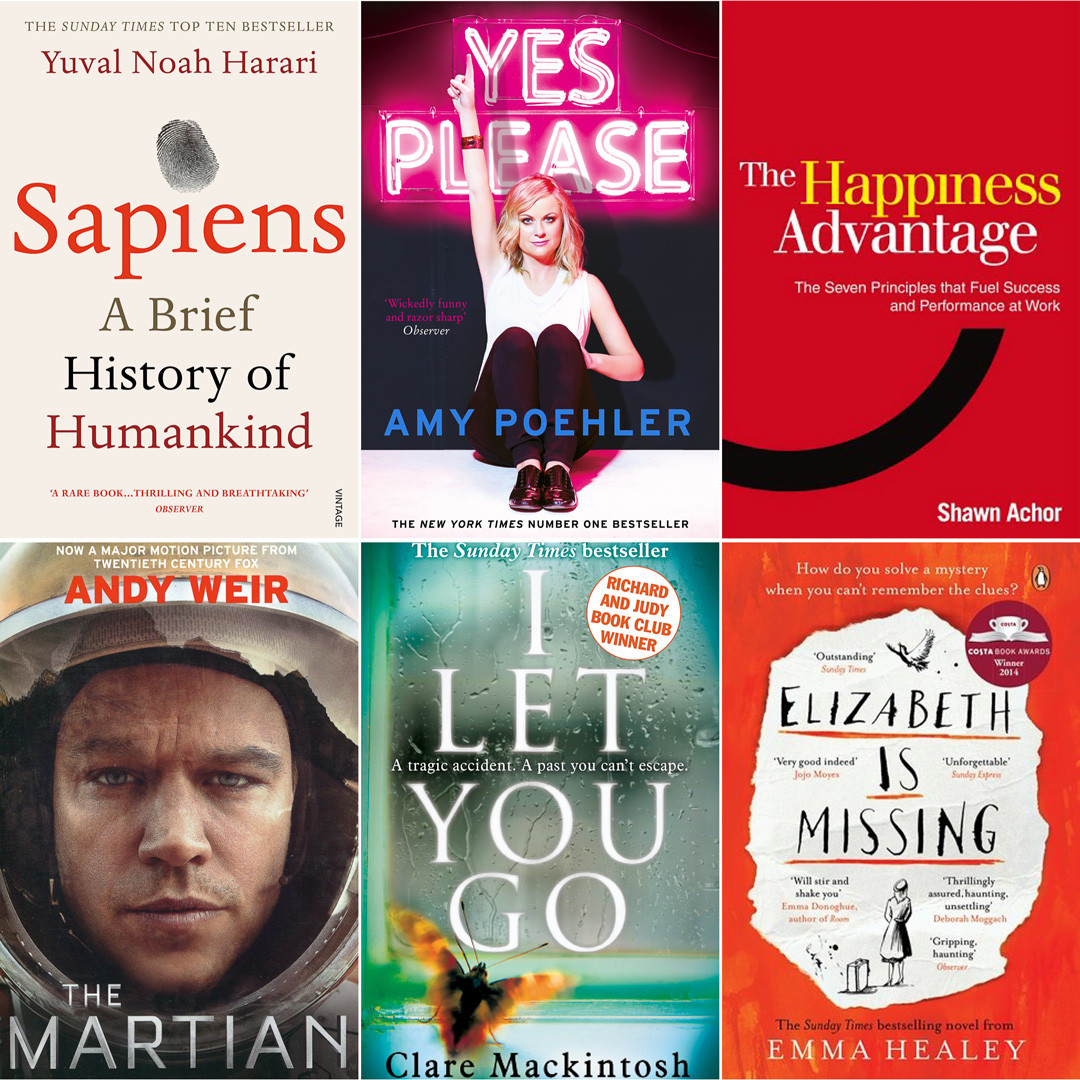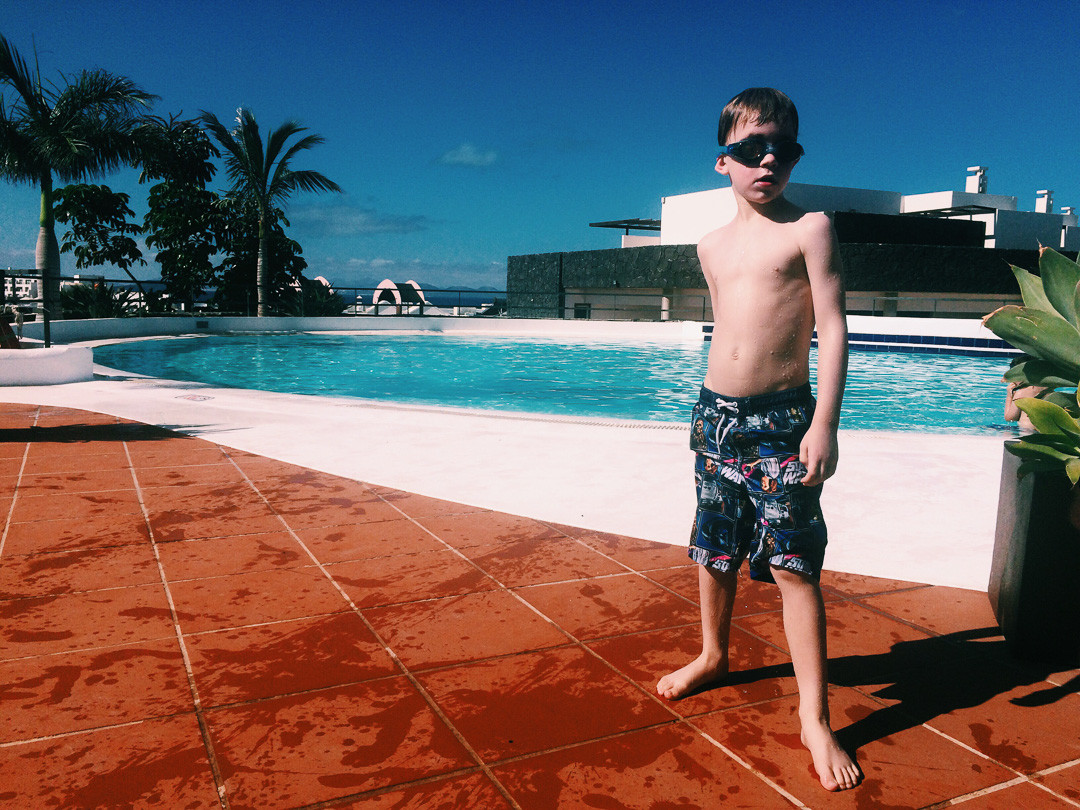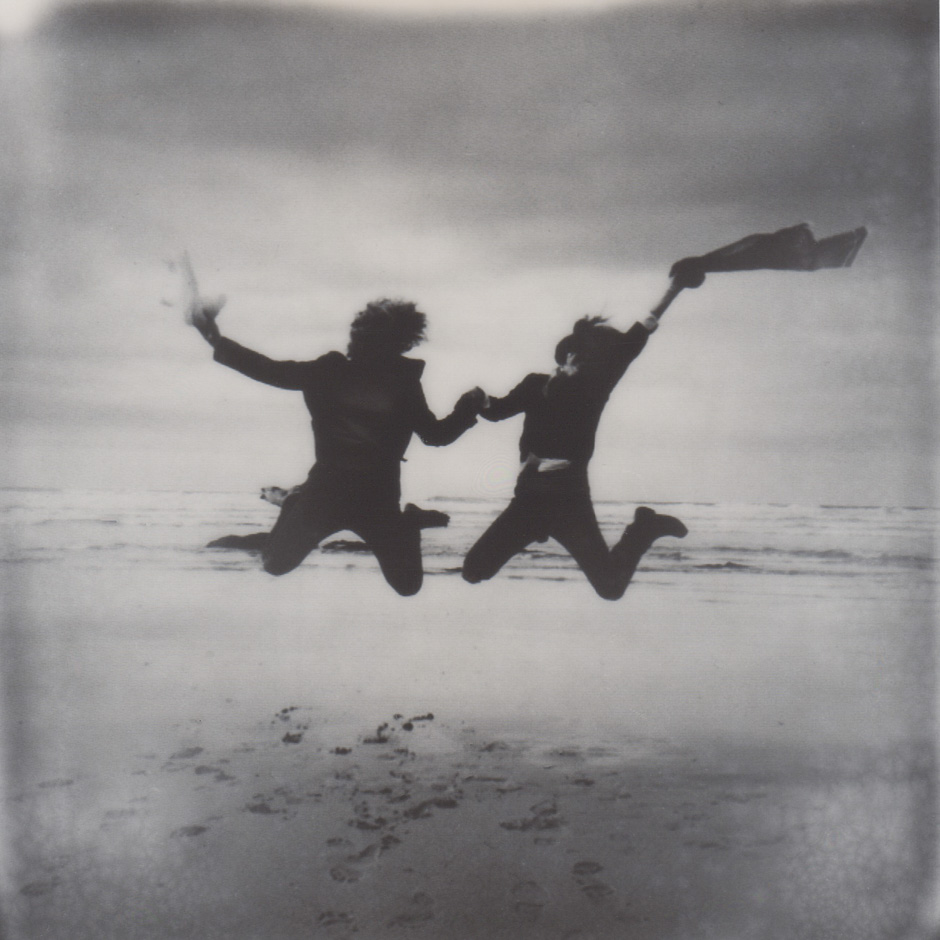Thanks to the miracle of audiobooks, I’ve been “reading” more books lately. I know some people might think that’s a bit of a cheat, but I don’t think so. Audiobooks are allowing me to consume some great books I’d otherwise not have time for, all while turning dead time like commuting into something productive and enjoyable. Books for me have now become a true multi-media experience, and paper books, ebooks, and audiobooks all have a place in my library.
Who knew that a book about anthropology could be so engaging? Sapiens is a sweeping and fascinating history of how we, as the last remaining human species, evolved and became the most dominant and deadly species on Earth. “Over the past 10,000 years, Homo sapiens has grown so accustomed to being the only human species that it’s hard for us to conceive of any other possibility. Our lack of brothers and sisters makes it easier to imagine that we are the epitome of creation, and that a chasm separates us from the rest of the animal kingdom. When Charles Darwin indicated that Homo sapiens was just another kind of animal, people were outraged. Even today many refuse to believe it. Had the Neanderthals survived, would we still imagine ourselves to be a creature apart? Perhaps this is exactly why our ancestors wiped out the Neanderthals. They were too familiar to ignore, but too different to tolerate.”
Harari organizes our evolution into cognitive, agricultural, and scientific revolutions and, controversially, posits that it was the creation of fiction, shared myths like religion, judicial systems, and nations that unified us and enabled us to cooperate at scale. “Large numbers of strangers can cooperate successfully by believing in common myths. Any large-scale human cooperation – whether a modern state, a medieval church, an ancient city or an archaic tribe – is rooted in common myths that exist only in people’s collective imagination….There are no gods in the universe, no nations, no money, no human rights, no laws, and no justice outside the common imagination of human beings.”
I learned so much from this book. It’s a powerful and engaging account of what it means to be human and what we might be evolving into next.
Amy Poehler and Tina Fey might be my favorite celebrity power couple, kick ass women breaking down barriers, speaking their mind, and being comfortable in their own skin. So in a way, this book felt like a companion piece to Fey’s Bossypants which I’d previously read. And I’m a huge fan of all the work Poehler is doing with her Amy Poehler’s Smart Girls organization, encouraging girls to be their authentic wonderful selves.
“Great people do things before they’re ready. They do things before they know they can do it. And by doing it, they’re proven right. Because, I think there’s something inside of you—and inside of all of us—when we see something and we think, ‘I think I can do it, I think I can do it. But I’m afraid to.’ Bridging that gap, doing what you’re afraid of, getting out of your comfort zone, taking risks like that—THAT is what life is. And I think you might be really good. You might find out something about yourself that’s special. And if you’re not good, who cares? You tried something. Now you know something about yourself. Now you know. A mystery is solved. So, I think you should just give it a try. Just inch yourself out of that back line. Step into life. Courage. Risks. Yes. Go. Now.”
If you’ve seen Achor’s Ted Talk, you’ll be familiar with the subject of this book, success doesn’t lead to happiness rather happiness leads to success. “When we are happy—when our mindset and mood are positive—we are smarter, more motivated, and thus more successful. Happiness is the center, and success revolves around it.” I picked up the book because I’d watched the Ted Talk and wanted more.
Like his talk, Achor’s book is full of humor, but it digs deeper into the latest research about happiness and positive psychology and includes many practical methods for bringing more happiness, gratitude, and optimism into your life. And, don’t let the “success and performance and work” tagline fool you, the principles of positive psychology that Achor outlines apply to us all, working or not.
“Because our brain’s resources are limited, we are left with a choice: to use those finite resources to see only pain, negativity, stress, and uncertainty, or to use those resources to look at things through a lens of gratitude, hope, resilience, optimism, and meaning.”
It’s the wolf you feed that wins.
When I read The Martian, I didn’t even know this book was about to be released as a blockbuster Matt Damon movie. I just thought it looked like a great sci-fi story, and it was. Full of humor, space travel, and thrilling cliffhangers, you can see why Hollywood picked it up.“It’s a strange feeling. Everywhere I go, I’m the first. Step outside the rover? First guy ever to be there! Climb a hill? First guy to climb that hill! Kick a rock? That rock hadn’t moved in a million years! I’m the first guy to drive long-distance on Mars. The first guy to spend more than thirty-one sols on Mars. The first guy to grow crops on Mars. First, first, first!”
The Martian was one of the audiobooks I listened to on the commute and, honestly, I just wanted to find excuses get in the car and drive around so that I could hear more of Mark Watney’s saga on Mars.
And, how cool is that NASA has even put together an interactive map of Watney’s journey so that you can get a true sense of his challenges through actual satellite imagery from Mars.
This was the book I finished in Lanzarote. “The car comes from nowhere. The squeal of wet brakes, the thud of a five-year-old boy hitting the windscreen and the spin of his body before it slams on to the road. Running after him, in front of the still-moving car. Slipping and falling heavily on to outstretched hands, the impact taking her breath away. It’s over in a heartbeat.” This book grabbed me from the very first page with that sharp punch to the gut and it continued to keep me turning the pages as its mysteries unfolded. It’s hard to say much about this book without spoiling its secrets and plot twists, but there was a point at which I gasped out loud and then was forced to question everything I thought I knew. Mackintosh has written a very clever thriller that had me on the edge of my seat until the very end.
I confess, it took me at least a year to finish this book after several false starts. But I persevered and once I got past a slow start, I couldn’t put it down. The main character, Maud, suffers from dementia and Healey does an excellent job of giving her a voice and letting you peek into the fragile mind of someone living with this disease. “But it’s not true. I forget things—I know that—but I’m not mad. Not yet. And I’m sick of being treated as if I am. I’m tired of the sympathetic smiles and the little pats people give you when you get things confused, and I’m bloody fed up with everyone deferring to Helen rather than listening to what I have to say.” And it is through Maud’s fragmented memories that we piece together the crime she is trying to solve.


